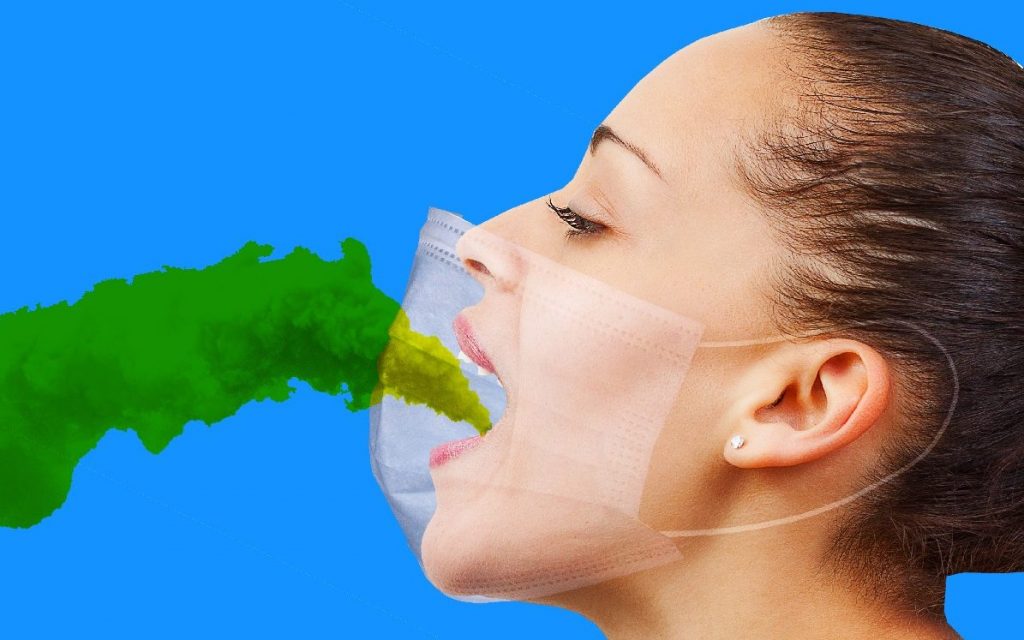A smile is a person’s most attractive feature. Being one of the most noticeable attributes, it is our way of showing a great first impression and elevating someone’s mood. This is why people, particularly young ones, are becoming conscious of their smiles. Those with dull-colored teeth rely on teeth whitening products, while those who want straighter and healthier teeth depend on an orthodontist. Whatever your dental problems are, there is always the right solution for them.
When the COVID-19 pandemic happened, it became surreal not to see the smiling faces of people dear to us. People have to wear masks regularly when going outdoors. As a result, hiding our smiles behind masks prevented us from reading social cues. Interacting with people without seeing their smiles is almost the same as communicating through text messaging. Our words and expression now lack context, and it’s easy to be misunderstood. As a result, people have to rely on the context of a situation to interpret how the other person will interact.
Besides the loss of social cues, wearing face masks poses a health risk. Although masks prevent the spread of viruses and infectious diseases, such as COVID-19, wearing them for extended periods leads to unfavorable side effects in our oral cavity. Dental experts called this phenomenon ‘mask mouth’, an oral health issue caused by the continuous wearing of face masks. To know more about this dental problem, we’ll talk about the effects of face masks on our dental health, its causes, and proper prevention.
What is mask mouth?
Wearing face masks is more critical than ever with the Covid-19 virus spreading around the world. This simple face covering acts as a barrier to limit the travel distance and volume of respiratory droplets whenever we breathe, talk, or cough. But wearing a mask for extended periods leads to various symptoms, such as stinky breath, bleeding gums, gum recession, dry mouth, and tooth decay. Mask wearers are likely to experience more than one of these symptoms, especially if they wear masks all the time.
A study shows that almost 50% of individuals are experiencing symptoms of mask mouth. This often stems from mask wearing and simply not because of poor oral hygiene. Even patients who have a history of healthy oral health are also showing problems of mask mouth.

What causes mask mouth?
Mask mouth involves a variety of negative symptoms from wearing a mask for long periods. Dentists relate these side effects to several factors, such as abnormal breathing patterns, dehydration, and recycling air.
A recent study revealed that wearing a mask affects the normal breathing pattern, resulting in shallow and rapid breaths using the mouth, neck, and chest instead of the diaphragm. When we breathe through our mouth, masks reduce the presence of saliva, which is a critical factor in maintaining oral health. It protects the teeth against cavities and washes out food debris.
Wearing a mask at all times also limits the water intake. Since we have to wear masks outdoors, drinking water has become our least priority. Dehydration causes dry mouth, which leads to bad breath and tooth decay.
The risk of gum disease is also more likely when wearing face masks. The mask act as a barrier that traps more carbon dioxide inside the mouth. Although carbon dioxide has no toxicological impact on the body, it increases the acidity level of our oral microbiome. This puts a person at risk for oral infections and inflammatory conditions, such as gum disease.
How to prevent mask mouth
There are plenty of ways to avoid mask mouth, and the most effective technique is to reduce the use of face masks. We’re not saying you should stop wearing face masks altogether because mask wearing is still your best protection against Covid-19. The best thing to do is go out less to avoid contact with strangers. As much as possible, stay at home at all times and don’t go outside, if it’s not necessary.
If you have no choice but to go outside and wear a mask, make sure to take frequent breaks and breathe in some fresh air. This is also the time to amp up your oral hygiene by brushing and flossing the teeth more often. Also, don’t forget to consult your dentist to have your teeth checked and cleaned.
Wearing a face mask during a pandemic is your best protection against infectious diseases, but it’s also important to look after our oral health to avoid causing health inconveniences. Remember that consistent oral hygiene is the key to freshening up your breath and preventing oral health problems. So keep wearing your mask until we get to see everyone’s smiles again.

